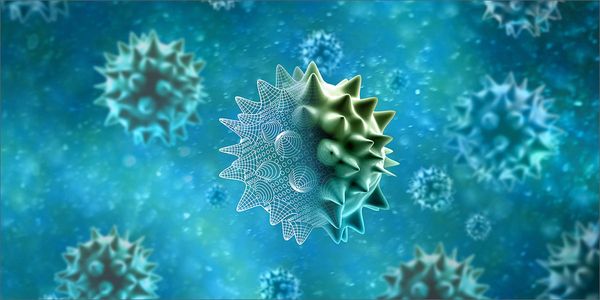Insects are the largest and most diverse arthropod group. Many insect species are agricultural pests or vectors of numerous diseases. In fact, the mosquito is the deadliest animal on the eart...
SEP 27, 2019 | 9:00 AM
DATE: September 27, 2019TIME: 9:00am PT, 12:00pm ET Thienopyrazole derivatives have recently emerged as effective antitumoral agents with kinase inhibitory activity. In this s...
SEP 18, 2019 | 9:00 AM
DATE: September 18, 2019 TIME: 9:00am PDT, 12:00pm EDTDue to globalization, changes in the environment and climate, and the encroach- ment of humans into natural habitats, recent out...
SEP 05, 2019 | 12:00 PM
DATE: September 5, 2019TIME: 12:00pm PDTAstrocytes are a major cell type in the mammalian CNS. They are involved in a number of essential processes such as synapse formation and functio...
AUG 27, 2019 | 8:00 AM
DATE: August 27, 2019TIME: 08:00 AM PDTOur laboratory is exploring hypotheses about how lipid metabolism contributes to racial disparities in Alzheimer’s disease using comprehen...
AUG 15, 2019 | 9:00 AM
DATE: August 15, 2019TIME: 9:00am PDT, 12:00pm EDT Radiation therapy is a critical tool for the treatment of brain tumors, however, exposure to high doses of ionizing radiation...
AUG 14, 2019 | 8:00 AM
DATE: August 14, 2019TIME: 8:00am PDT Infectious disease surveillance and monitoring is critical in settings where disease outbreaks and antibiotic resistance can dramatically im...
JUL 31, 2019 | 9:00 AM
DATE: July 31, 2019TIME: 9:00am PT, 12:00pm ET The choroid plexus, which makes up the blood-cerebrospinal fluid barrier in the central nervous system (CNS), lines the ventricle...
JUN 27, 2019 | 9:00 AM
DATE: June 27, 2019TIME: 9:00am PDT, 12:00pm EDT At present cancer research focuses on three major areas viz. cancer diagnostics, drugs development, and next-generation therapi...
JUN 19, 2019 | 10:00 AM
DATE: June 19, 2019TIME: 10:00am PDT, 1:00pm EDT As we develop new methods to create more biologically relevant models for research in understanding disease etiology and in...
Tissues in the body are wonderfully organized, with specific arrangements of cells, extracellular matrix, secreted molecules, and fluid flow that synergize that create emergent functions. How...
























